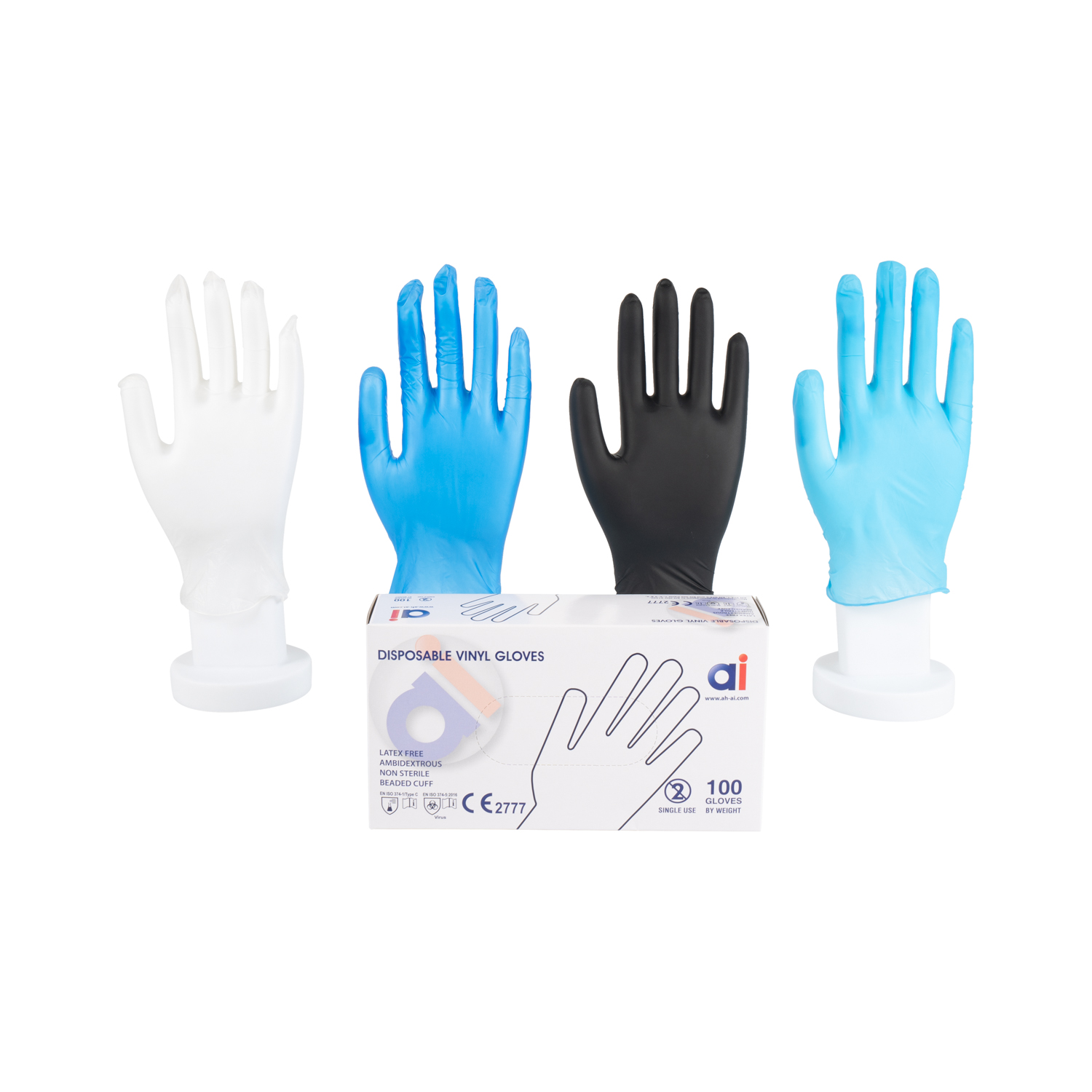
Today’s disposable glove market may be filled with challenges related to nitrile, but when it comes to vinyl, the possibilities for success are numerous.
In these times of a global pandemic that has already claimed more than a million lives worldwide and shows no signs of slowing, one might think that disposable gloves are so much in demand that they sell themselves.
Well, yes. And no.
There is certainly no shortage of desire to obtain gloves and other personal protective equipment (PPE). COVID-19 has sent worldwide usage soaring, yet supply chain deficiencies are wreaking havoc on efforts to get that protection to the people who need it most.
Another difficult year ahead
And there’s the rub: Supply—especially of nitrile gloves—is lagging badly, and glove manufacturers can’t catch up. No one expects any increase in production capacity until the end of 2021 at the earliest. Many experts fear that the shortage of PPE in general will exacerbate the current spread of the coronavirus.
The reality is that people need gloves. Lots and lots of gloves. And if nitrile and latex are simply too unavailable and too expensive, the best solution for fulfilling those needs is vinyl.
For many, their immediate reaction to vinyl gloves is negative: “Vinyl? You’ve got to be kidding! My customers will never buy vinyl gloves.” If they have sold only nitrile and latex in the past, there could be preconceived notions of vinyl’s alleged inferiority.
Open your mind to vinyl
In a market where nitrile and latex availability are essentially non-existent, AMMEX has worked hard to secure a consistent supply of vinyl gloves. For distributors, there is an abundance of opportunities to sell vinyl.
Local governments, boards of education, and health departments have an enormous need for gloves, especially for cleaning and sanitizing during the pandemic. Even with quarantine conditions in multiple states, agencies will be looking to stockpile PPE so they are not always operating from a deficit.
Vinyl can replace other materials in between 5% and 25% of all tasks that require disposable gloves. The obvious candidates are of course food and janitorial/sanitation, but COVID has opened new markets for anyone who interacts with the public, from retail employees to government workers at the Motor Vehicle Division to clerks at City Hall.
The changing tools of healthcare
Then there are medical needs—and we have those covered, too. For non-sterile examination duties like vaccinations, checkups, or drawing blood, vinyl gloves are all you need. Why bother with latex, and the allergy issues it creates, when synthetic stretch vinyl delivers great fit and comfort at a much lower price point? Caregivers for seniors and children will also find them indispensable.
Can vinyl gloves replace the nitrile that your customers are used to buying?
We will never tell you that vinyl is a direct replacement for nitrile. It isn’t, especially for heavy-duty use. If you sell gloves to auto-repair shops or industrial facilities that utilize machinery, it is unlikely that your customers will embrace a 3-mil vinyl glove after years of using 6- or 8-mil nitrile.
Try it–they make like it!
Nobody knows your customers better than you do. If you think there is a chance they might give vinyl fair consideration, sell them on trying a case. If it doesn’t work for them, fine—we are well aware of the level of devotion that nitrile attracts.
They do need to understand, however, the gravity of the current disposable glove supply and how difficult and expensive it will be moving forward. Vinyl provides the opportunity to not only save money but also preserve nitrile during this time of crisis.
If they are game for trying something new, we have plenty of gloves they can experiment with to determine whether their needs can be met. What follows is a list of our standard and synthetic vinyl gloves.





